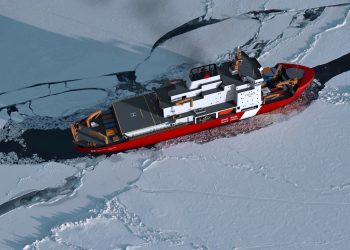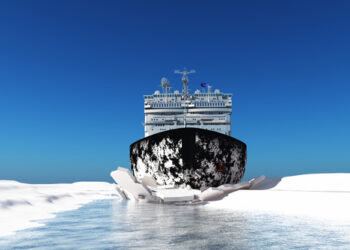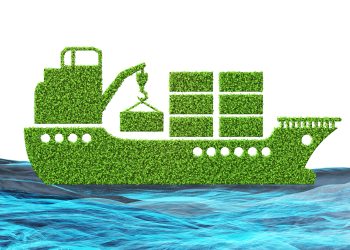Following the virtual meeting of IMO MEPC 75 on November 16-20, 2020, the Inuit Circumpolar Council urged for stronger protection of arctic shipping, considering the passed HFO ban as “weak”.
In fact, Inuit Circumpolar Council stated:
The current Heavy Fuel Oil (HFO) regulation as passed will not effectively protect the Arctic from HFO for over a decade, yet it is labelled a ban. The regulation as written sets up an inconsistent approach to environmental protection between territorial and international waters and increases the possibility of transboundary pollution. ICC is disappointed that there could not be a full discussion of the draft HFO ban text and its limitations through the discussions at MEPC 75.
What is more, the Council believes that protections that take effect in ten years do nothing to address the immediate impacts and imminent threat of a HFO spill and climate change.
To remind, heavy fuel oil is a dirty and polluting fossil fuel that powers shipping throughout the world’s oceans, accounting for 80% of marine fuel used globally.
Namely, approximately 80% of marine fuel currently carried in the Arctic is HFO; over half by vessels flagged to non-Arctic states – countries that have little if any connection to the Arctic.
Following the above, ICC is of the opinion that the most effective near-term solution for climate change is to reduce the emission of black carbon, produced from HFO, in the region.
In light of the situation, the Council will further continue progressive movement on the HFO ban with IMO, through the Arctic Council and all partners, States and stakeholders.
However, as a dedicated participant in these meetings, we look forward to the opportunity to continue the valuable work of the IMO on the regulation with the aim of improving it before consideration at MEPC 76 in 2021.
…Lisa Koperqualuk, Vice President, ICC Canada, concluded.






























































